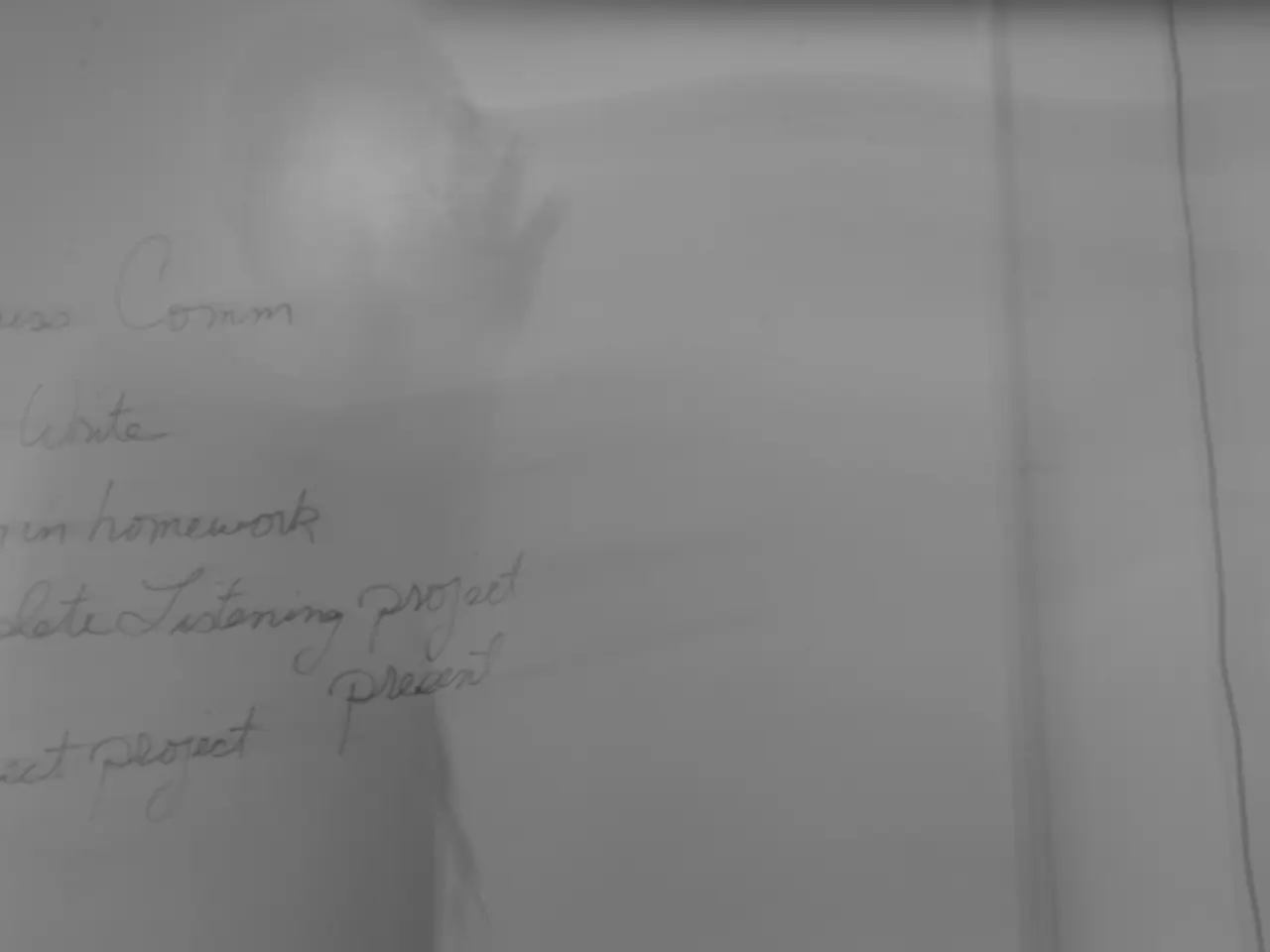Industry network costs could potentially see a decrease in accordance with Habeck's plans
In a bold move to maintain Germany's industrial strength and promote renewable energy, Robert Habeck, the Federal Minister of Economics and Climate Action, has unveiled an extensive plan. The strategy, aimed at addressing the current energy cost challenges and future-proofing the German industry, comprises both immediate financial relief and long-term investment in the power grid infrastructure.
The plan, which is set to commence from 1st January next year, includes direct financial relief for both citizens and industry. Key measures include subsidies such as supporting the gas storage levy, reducing the electricity tax for industry, and paying a larger share of grid expansion costs to lower power bills for households and companies.
Habeck's approach extends beyond immediate relief, with a significant focus on long-term investment in modernizing and expanding the power grid infrastructure. Germany plans to invest approximately €300 billion by 2050 in modernizing its electricity grids for increased renewable energy integration. This investment will facilitate improvements in transmission and distribution networks to accommodate the growing share of renewables, currently over 50%, and targeted to reach 80% by 2030.
The investments in grid modernization will rely heavily on public-private partnerships to mobilize private capital alongside public funds. Minister Habeck is actively engaging in discussions with financial and industry leaders to facilitate this collaboration.
In addition to the network charge reduction plan for industrial companies, the Social Democratic Party (SPD) is planning an E-car bonus and tax relief for middle-income earners. This initiative, while separate from Habeck's industrial plans, is also aimed at improving location conditions for the industry.
Lufthansa CEO has expressed concerns about decreasing connectivity in Germany, and it remains to be seen how Habeck's plans will address this issue. However, the minister has emphasised his commitment to a significant reduction in network charges for the German industry, aiming to maintain Germany's status as a strong industrial nation and support the future of industrial workers.
The SPD's E-car bonus and tax relief plans, sourced from the dts news agency, are part of their broader strategy to support the German industry and contribute to the country's transition towards a renewable energy future while maintaining economic competitiveness. Habeck's approach combines direct financial relief to industry through tax and levy reductions with a long-term investment strategy in modernizing and expanding the power grid infrastructure, supported by cooperation between public and private sectors to sustainably lower network charges and energy costs for industry.
The extensive plan unveiled by Robert Habeck, the Federal Minister of Economics and Climate Action, includes direct financial relief for both citizens and industry, with key measures such as supporting the gas storage levy, reducing the electricity tax for industry, and paying a larger share of grid expansion costs to lower power bills for households and companies. This plan, set to commence from 1st January next year, also focuses on long-term investment in modernizing and expanding the power grid infrastructure, with Germany planning to invest approximately €300 billion by 2050, primarily relying on public-private partnerships to mobilize private capital.




